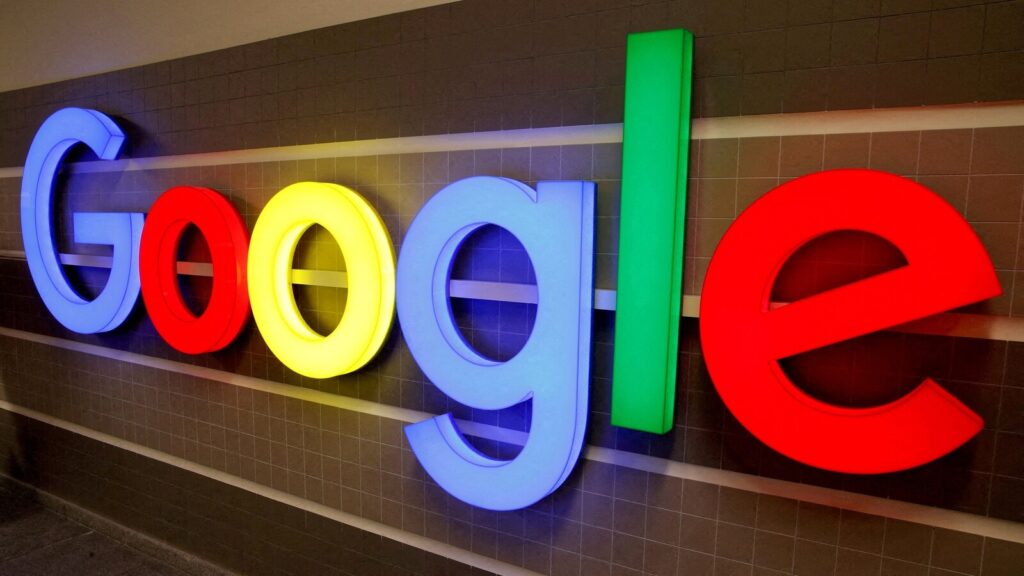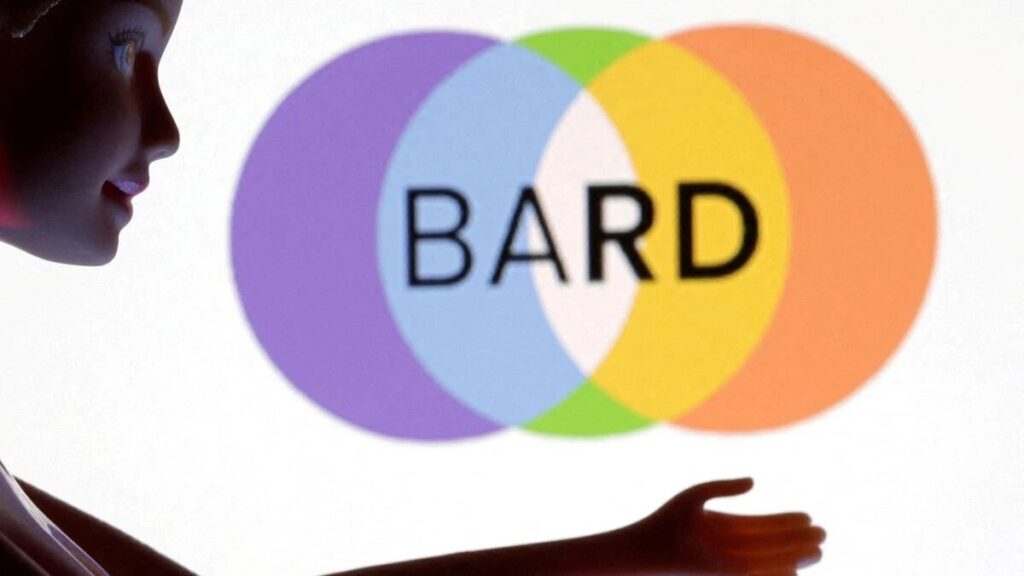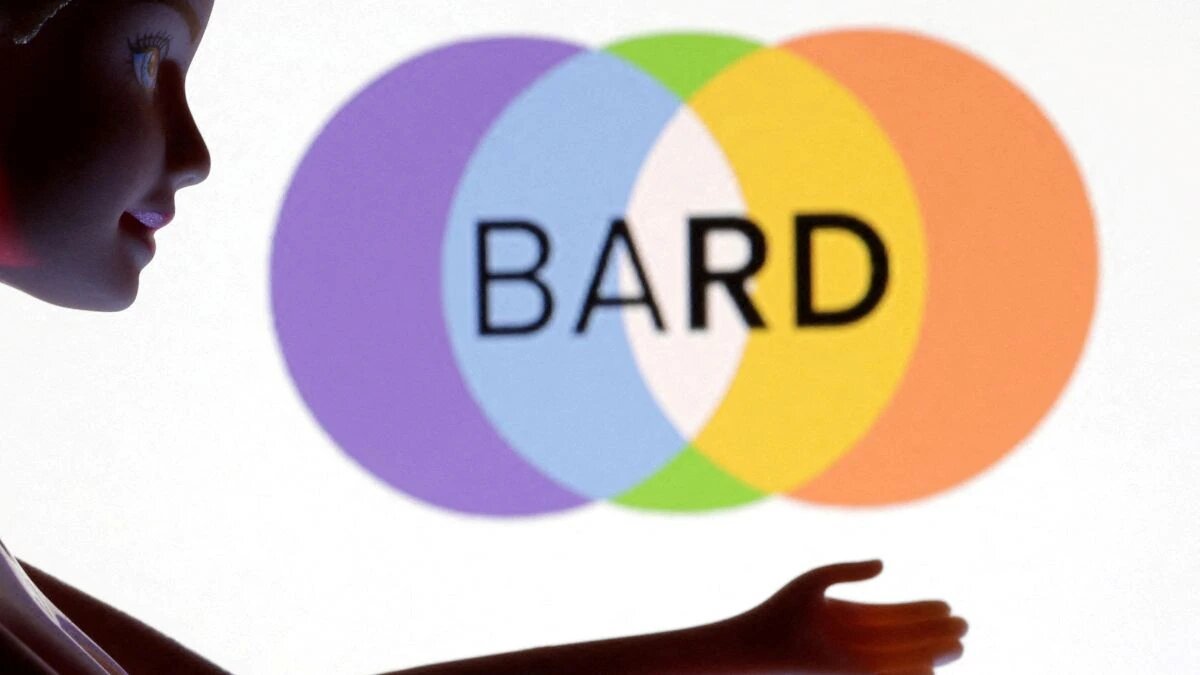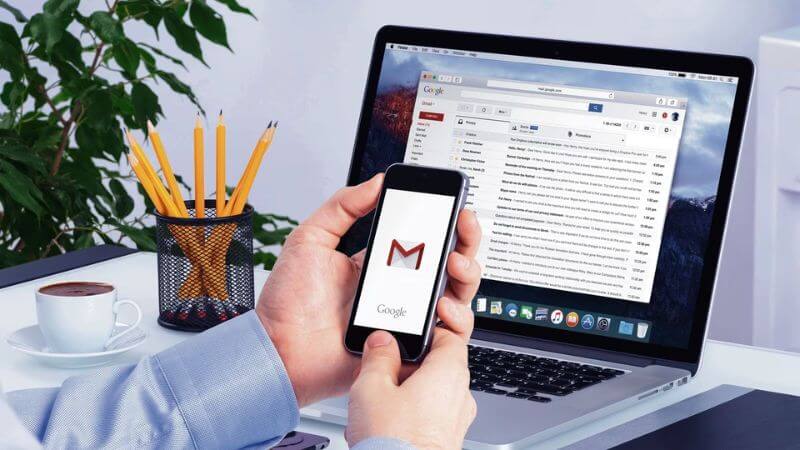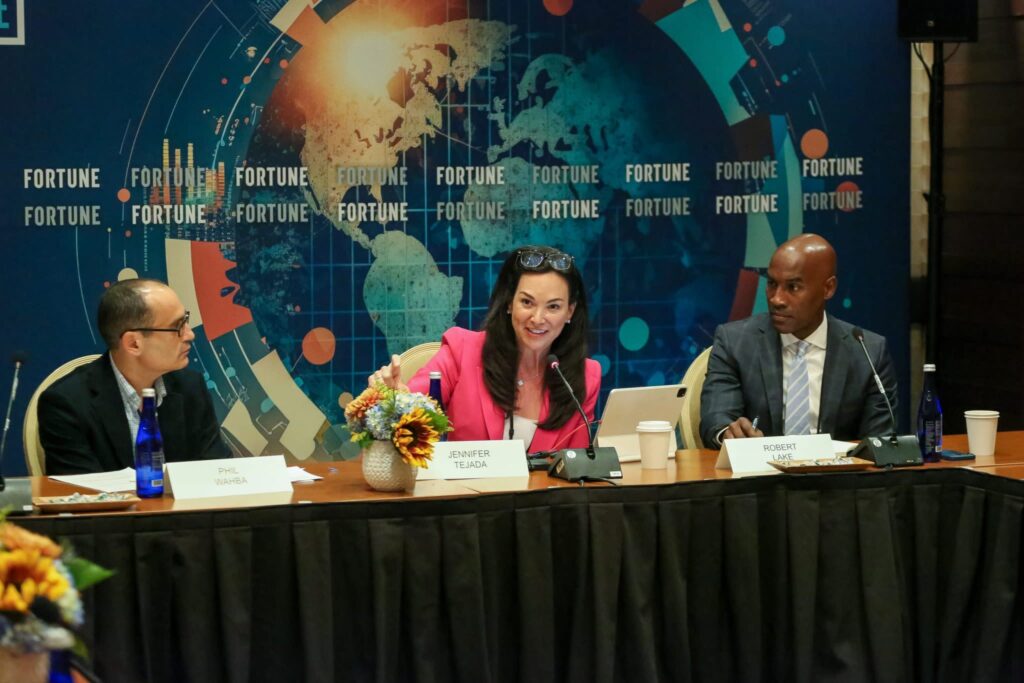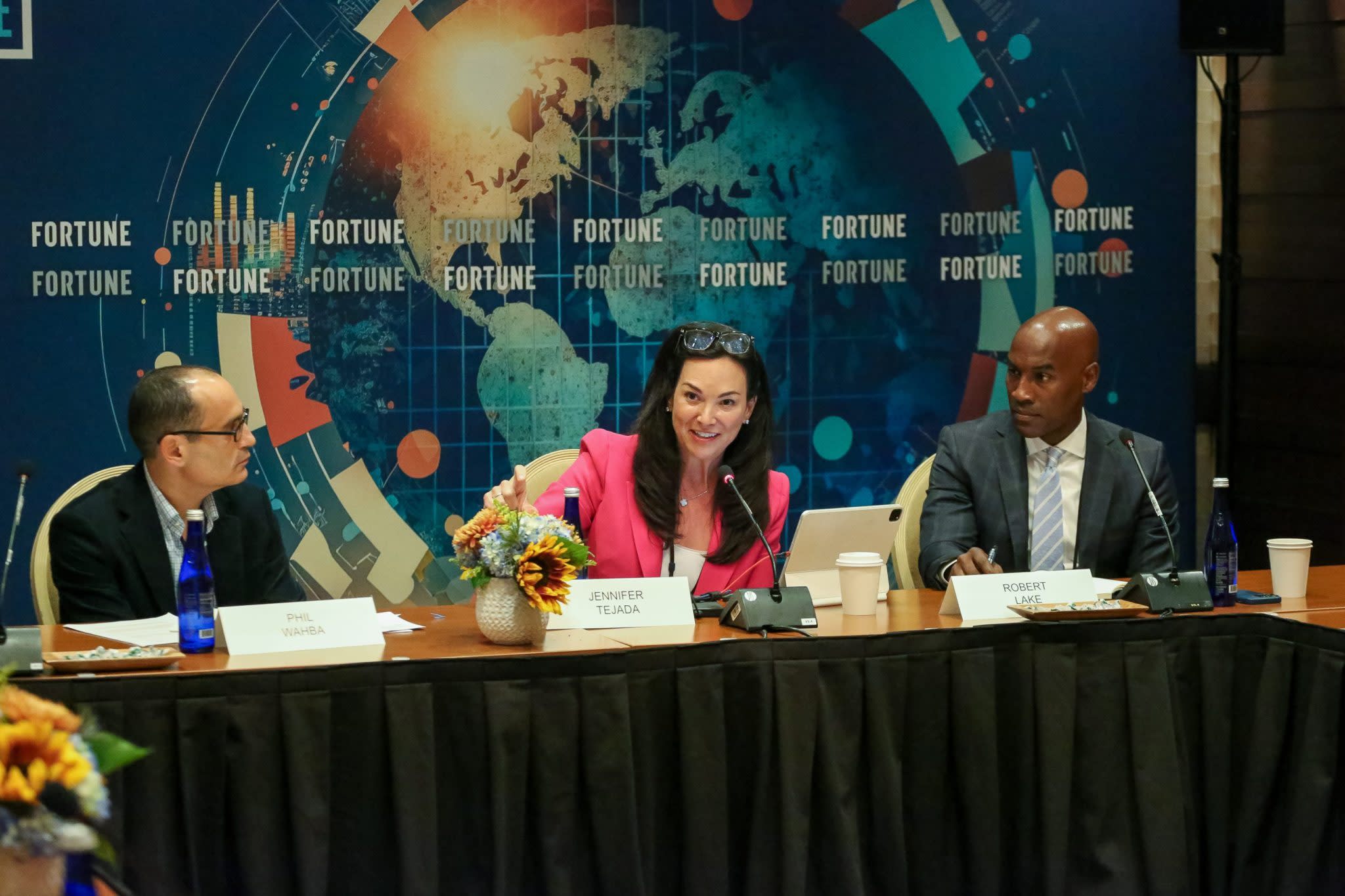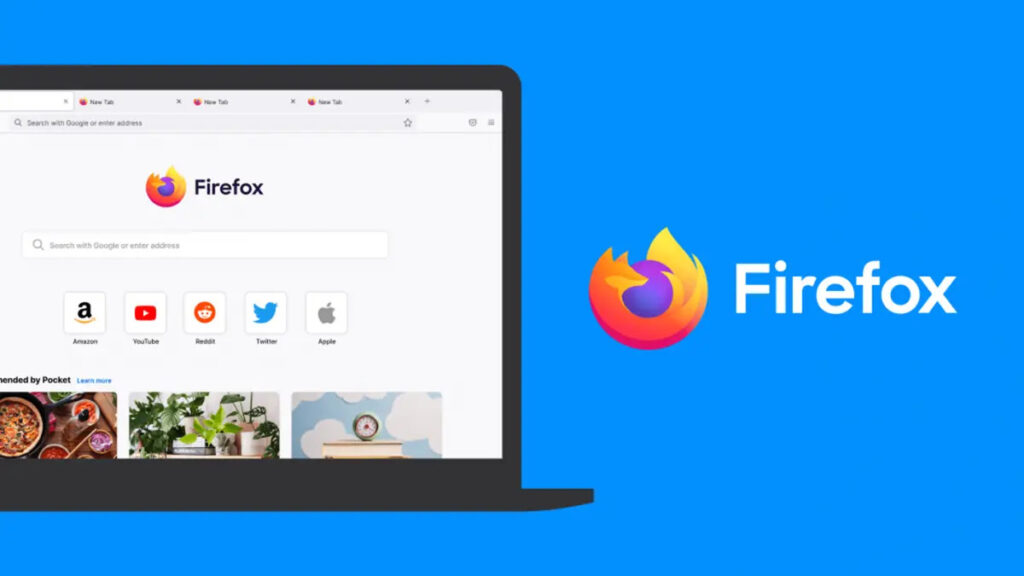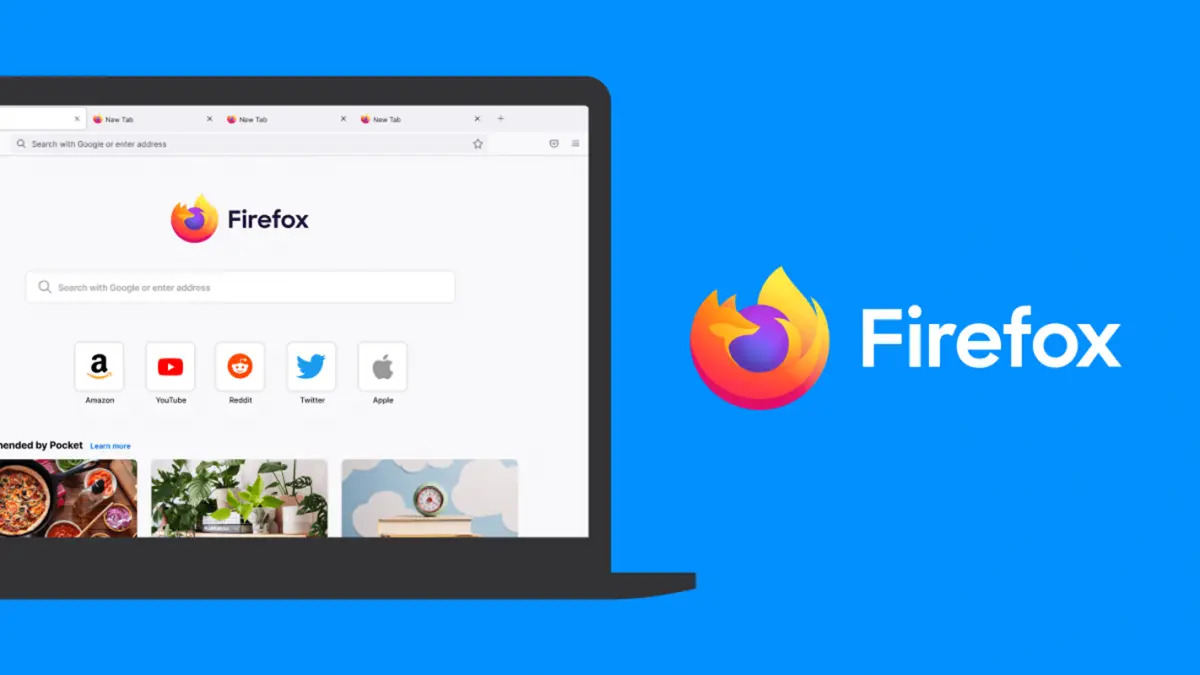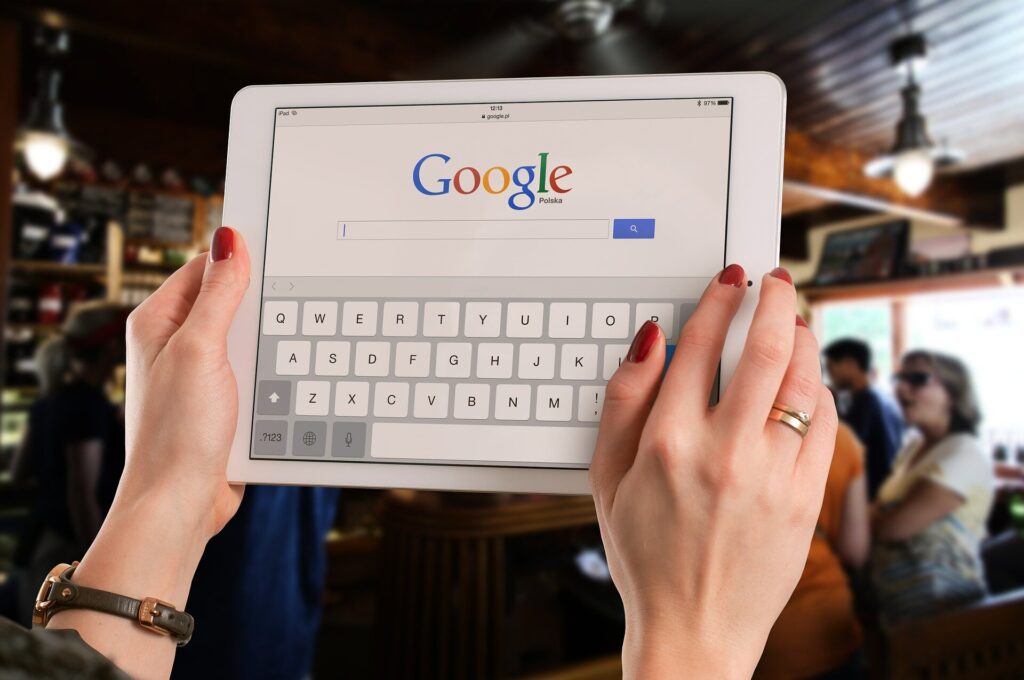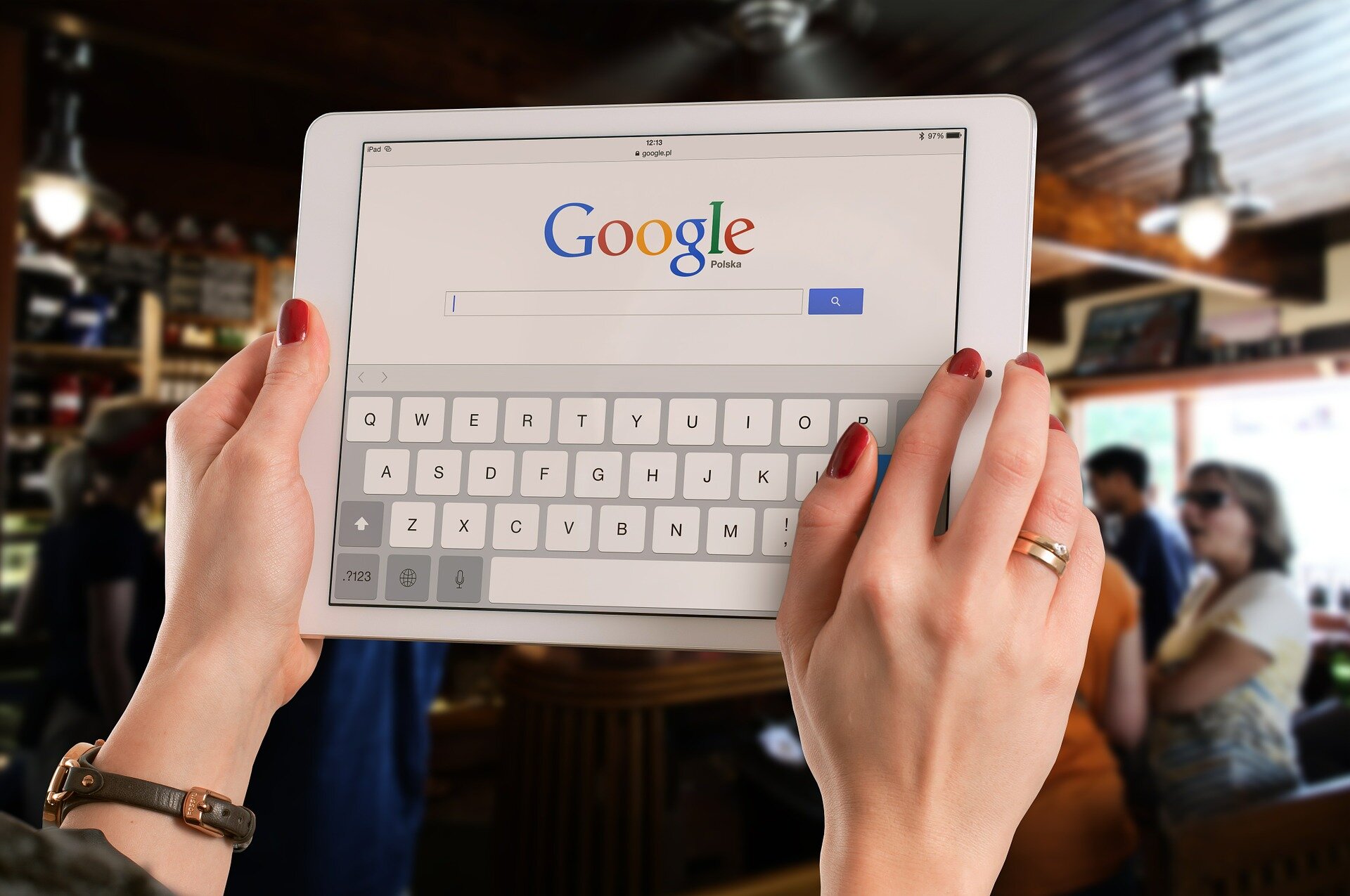Google Alum’s AI Startup Raises $24 Million for Biotech Work
European biotech startup Cradle has secured $24 million in funding, marking a significant leap in its quest to employ AI in revolutionizing protein design and engineering. Spearheading this Series A funding is Index Ventures, accompanied by Kindred Capital, Chris Gibson (co-founder of Recursion Pharmaceuticals Inc.), and Tom Glocer (former CEO of Thomson Reuters Corp. and Merck & Co. board member), as announced by Cradle on Tuesday. The company has now amassed a total of $33 million, including its previous seed round.
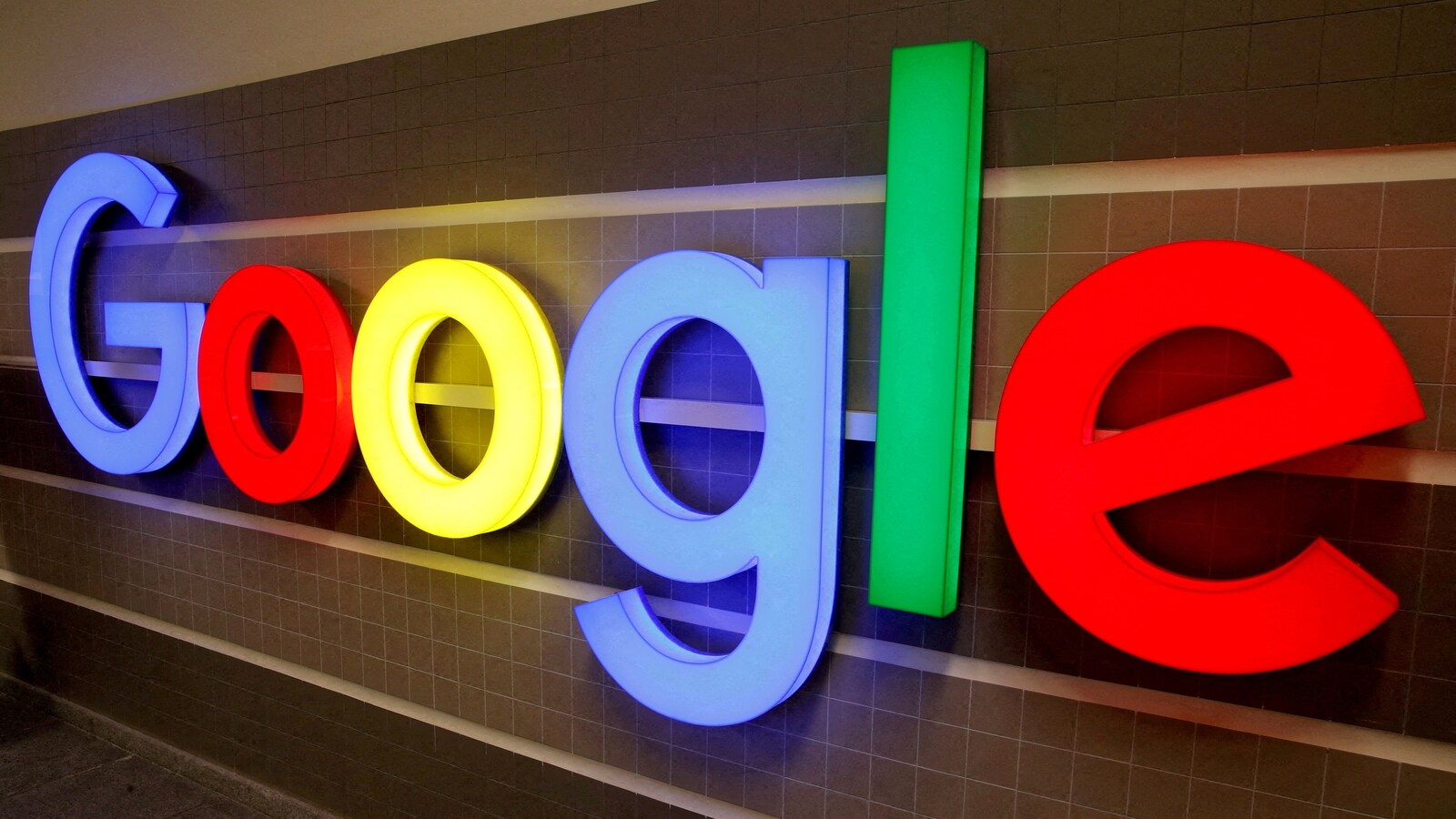
Image Source: tech.hindustantimes.com
Cradle distinguishes itself through its utilization of generative artificial intelligence to transcend natural protein boundaries. Its primary focus lies in expediting the creation of protein sequences and 3D structures for a spectrum of applications spanning enzymes, vaccines, lab-grown food, and various materials. Noteworthy clients in its portfolio encompass Johnson & Johnson, Novozymes A/S, and Twist Bioscience Corp. Operating from offices in Delft, Netherlands, and Zurich, the startup has made significant strides since its establishment in 2021.
Bridging AI and Biotech
The convergence of generative AI and biotech stands as a pivotal endeavor for Cradle. Its proprietary AI, trained on vast protein sequence data and internal laboratory insights, empowers biologists to optimize protein design and hasten research and development. Stef van Grieken, former head of product development at Google Brain and now Cradle’s CEO, underscores the technology’s efficiency, revealing that it streamlines experiments, accelerating progress.
Pioneering Solutions and Future Prospects
Highlighting the transformative potential of generative AI in drug development, Cradle aims to address complex protein engineering challenges. The company’s insights reveal that biopharma firms expend substantial resources—$22 million and 42 months of research—on a single potential product, with only a third advancing to clinical trials. Cradle’s innovative AI-driven approach intends to significantly enhance success rates in this domain.
Emphasizing the nascent stage of this fusion of science and AI, Van Grieken likens their progress to “maybe GPT 0.5.” Cradle’s web-based software facilitates seamless integration of biotech data into AI and machine learning tools. With plans to bolster its team, expand engineering capacities, and establish additional lab facilities, the company envisions a transformative journey at the intersection of biology and AI.
Sofia Dolfe, a partner at Index Ventures, envisions the profound impact of AI in biology, signifying the transformative potential Cradle’s work holds for the biotech landscape. As Cradle continues to pioneer AI-powered solutions, the biotech industry anticipates groundbreaking advancements catalyzed by this innovative approach.

I am a law graduate from NLU Lucknow. I have a flair for creative writing and hence in my free time work as a freelance content writer.
